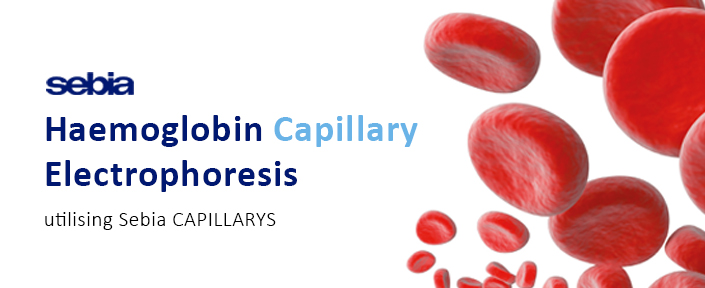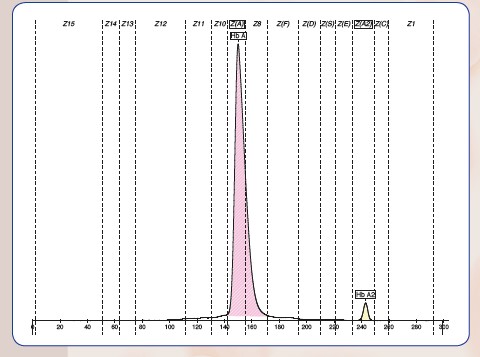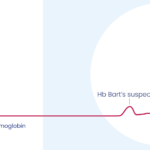Capillary Electrophoresis – Comprehensive haemoglobin testing for all variants
Products are for professional/laboratory use only.
Haemoglobin disorders are inherited genetic diseases that affect haemoglobin and are commonly diagnosed worldwide due to population migration from endemic countries. Haemoglobin disorders affect haemoglobin in the following manner:
- Qualitative mutations of the globin genes impacting the structure of the haemoglobin – these are called hemoglobinopathies or Hb variants
- Quantitative mutations or deletions of the globin genes impacting the synthesis of the haemoglobin – these are called thalassaemias
- Haemoglobin variant or thalassaemia type is defined by the globin gene impacted: Alpha, Beta, Delta, Gamma
Diagnosis of Haemoglobin (Hb) variants and thalassaemias is crucial:
- to provide appropriate treatments and improve the quality of life in patients by preventing complications and sequela
- to offer genetic counselling in order to decrease morbidity and mortality and to reduce the financial costs associated with this condition.
Sebia Haemoglobin Capillary Electrophoresis utilising Sebia CAPILLARYS automation offers the most comprehensive method for initial screening of haemoglobinopathies.
Easy detection of the most common haemoglobin variants
- Full separation of Hb S, C, D and E from Hb A, A2 and F
Reliable screening of β-thalassaemias
- Accurate quantification of Hb A2 and Hb F, with no interference from Hb adducts
Straight forward detection of α-thalassaemias
- Clear separation and quantification of Hb H and Hb Bart’s
Fully automated multi-parameter instruments
- Hb on adult and newborn, Hb A1c, serum and urine proteins, CDT
High resolution at a high throughput
- Up to 62 tests per hour (CAPILLARYS 3 TERA)
Fast validation process using Mosaic screen
- Automatic presumptive identification and quantification
Sebia offer a range of educational tools to increase your experience and knowledge in the diagnosis of haemoglobin disorders.








